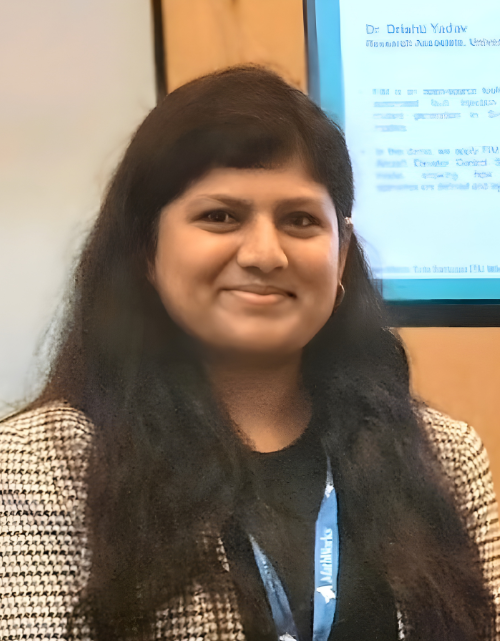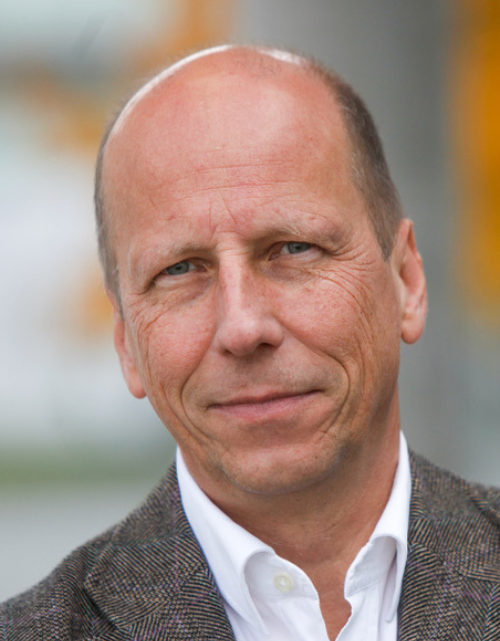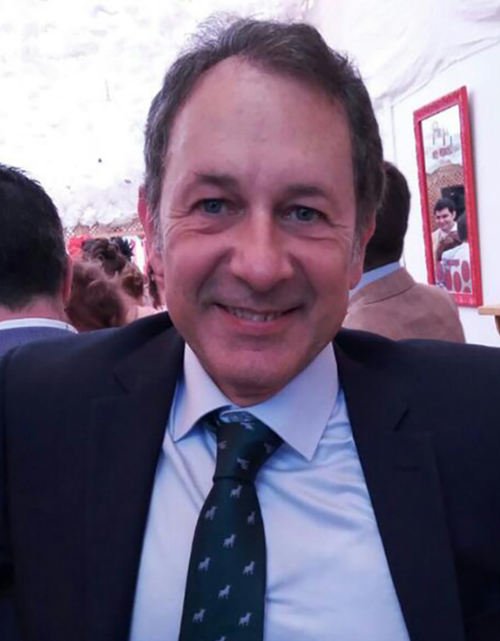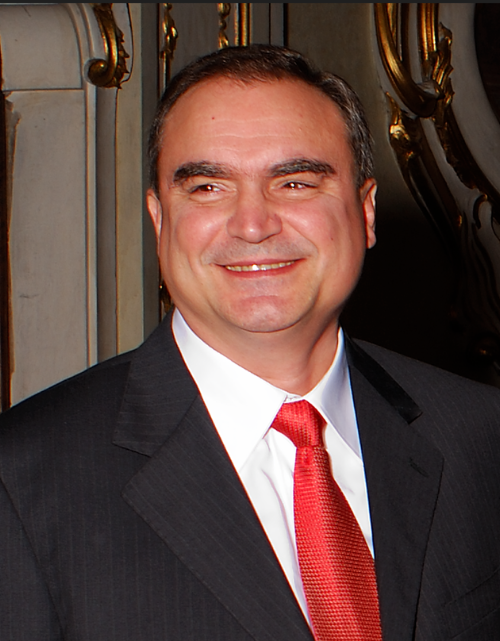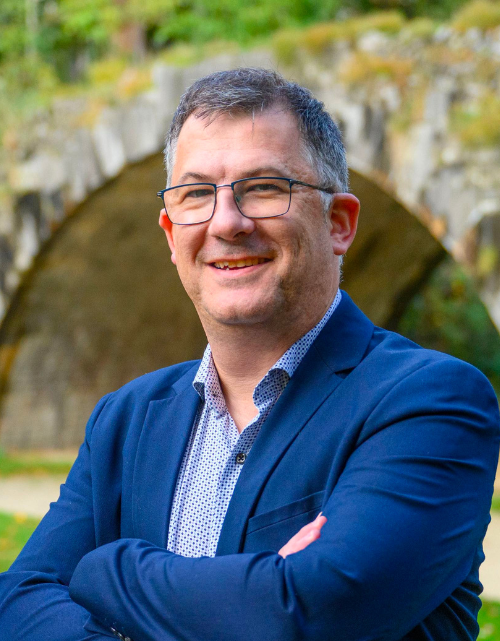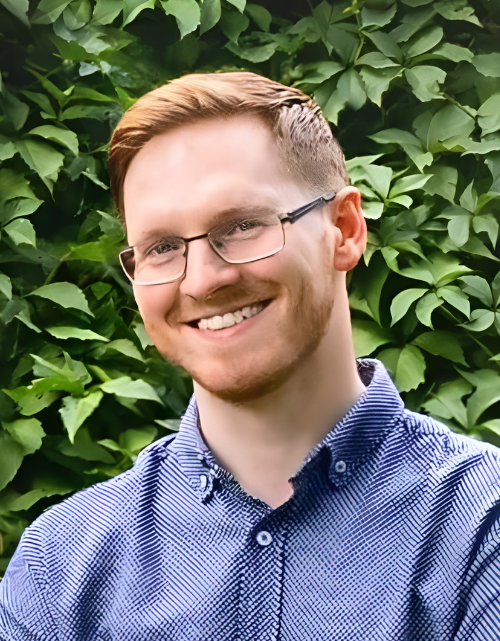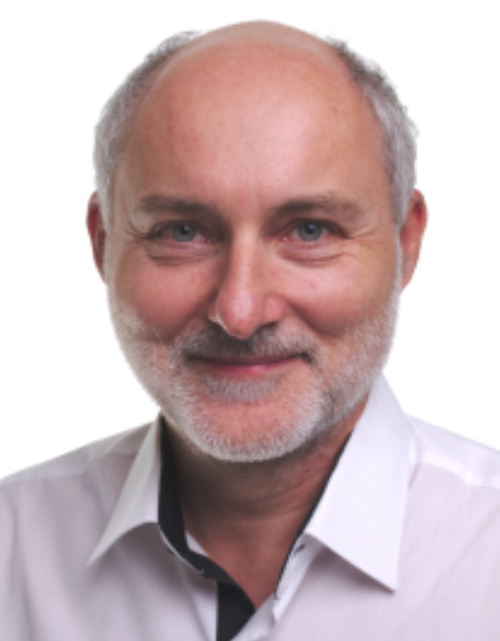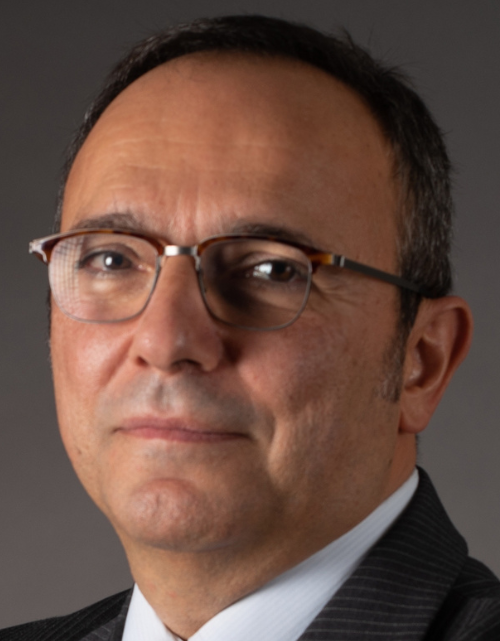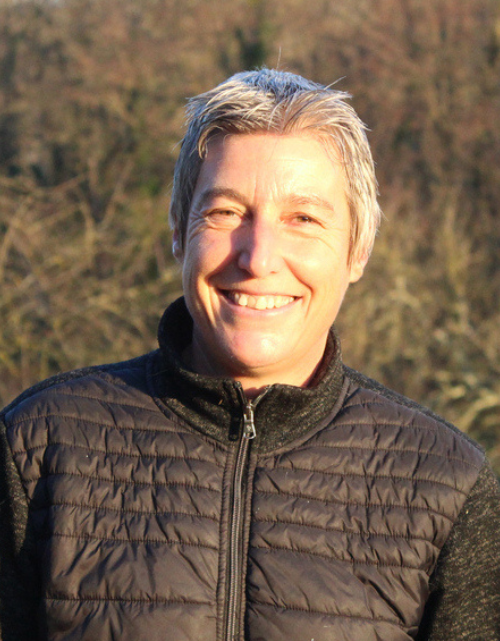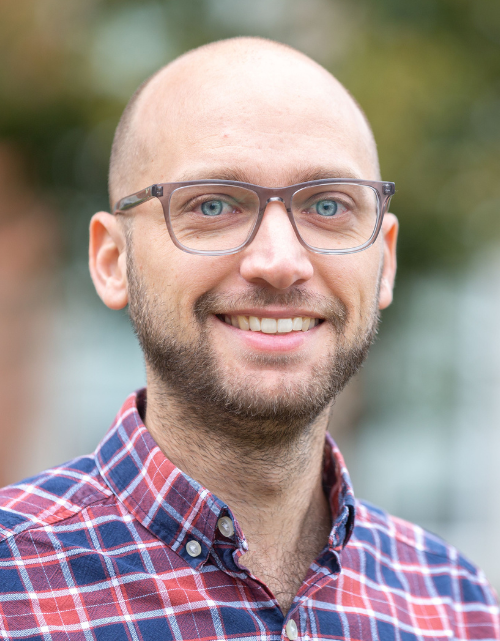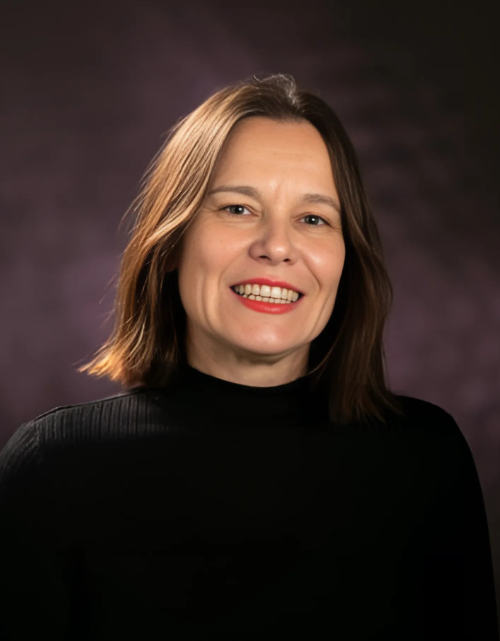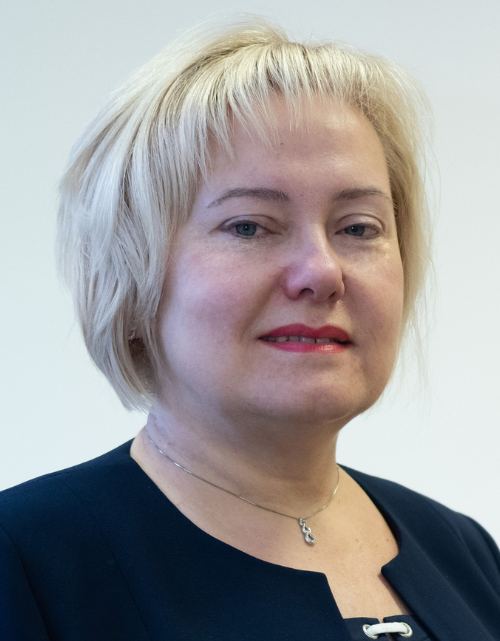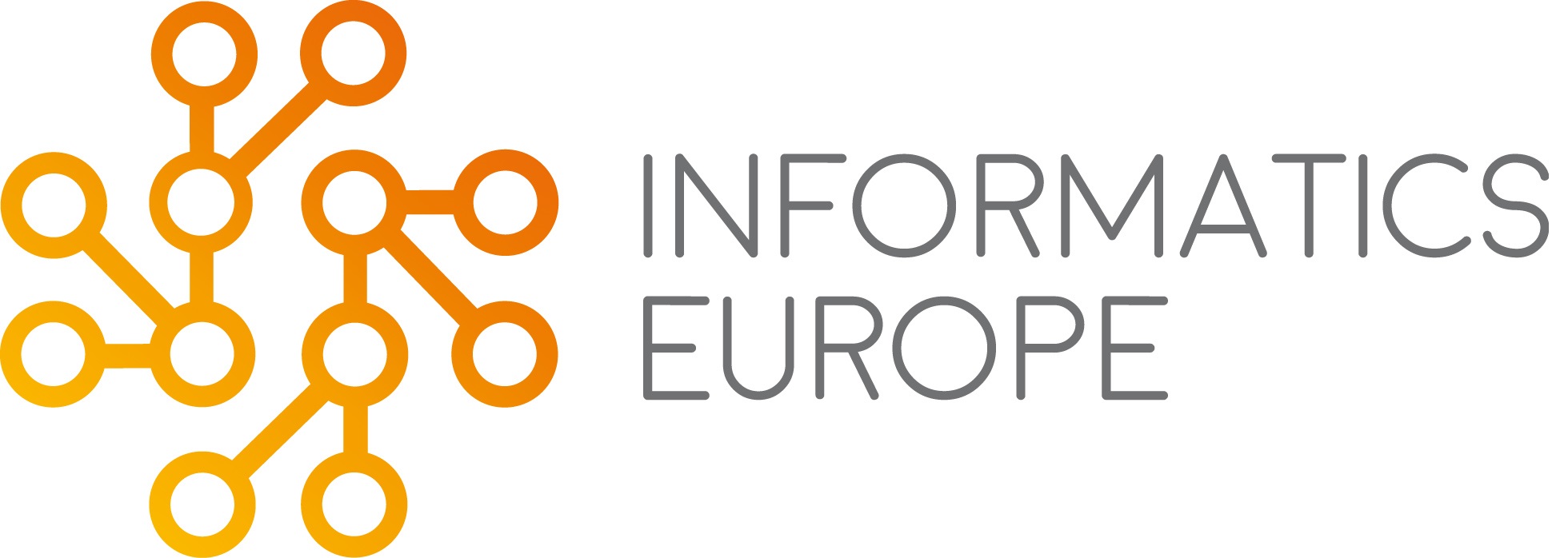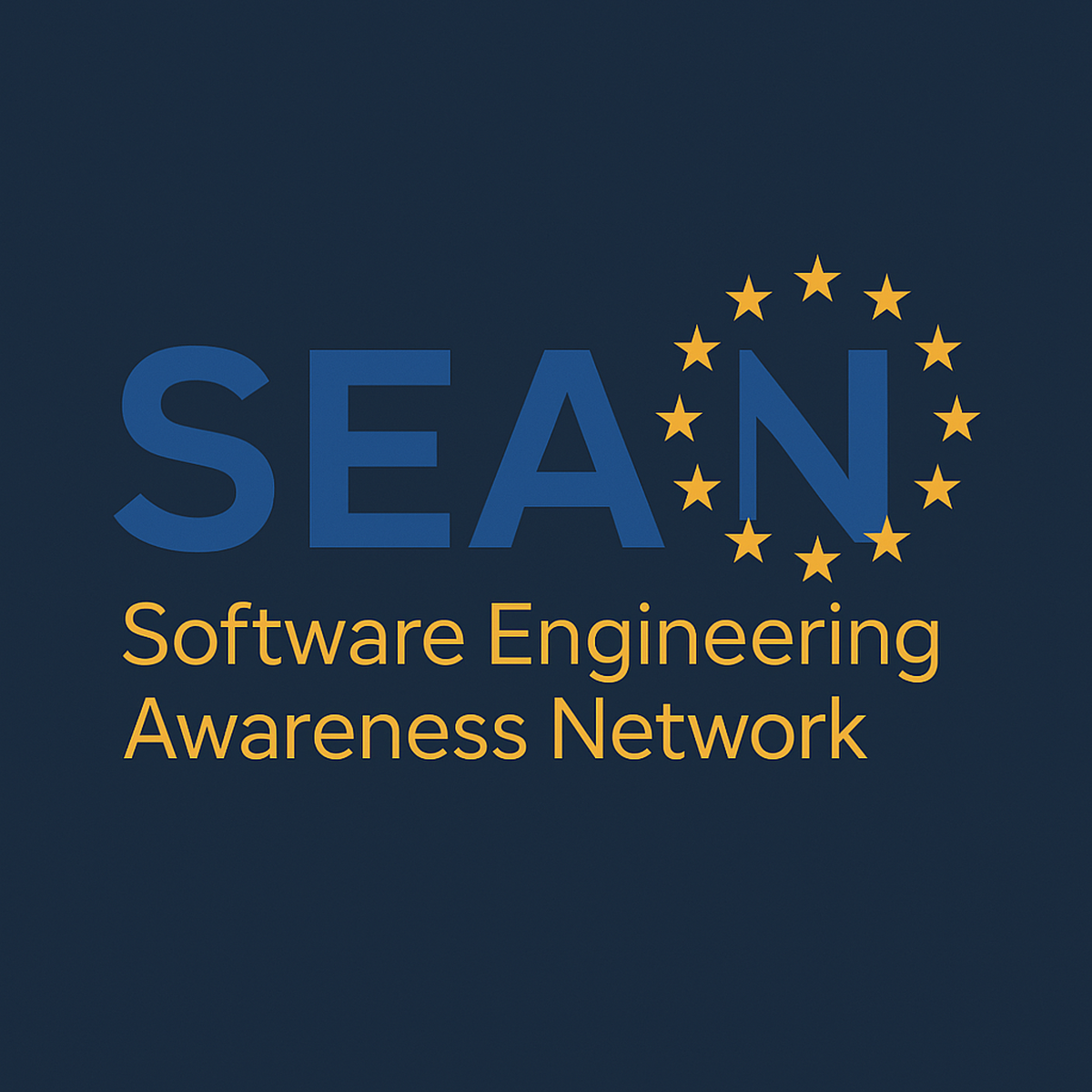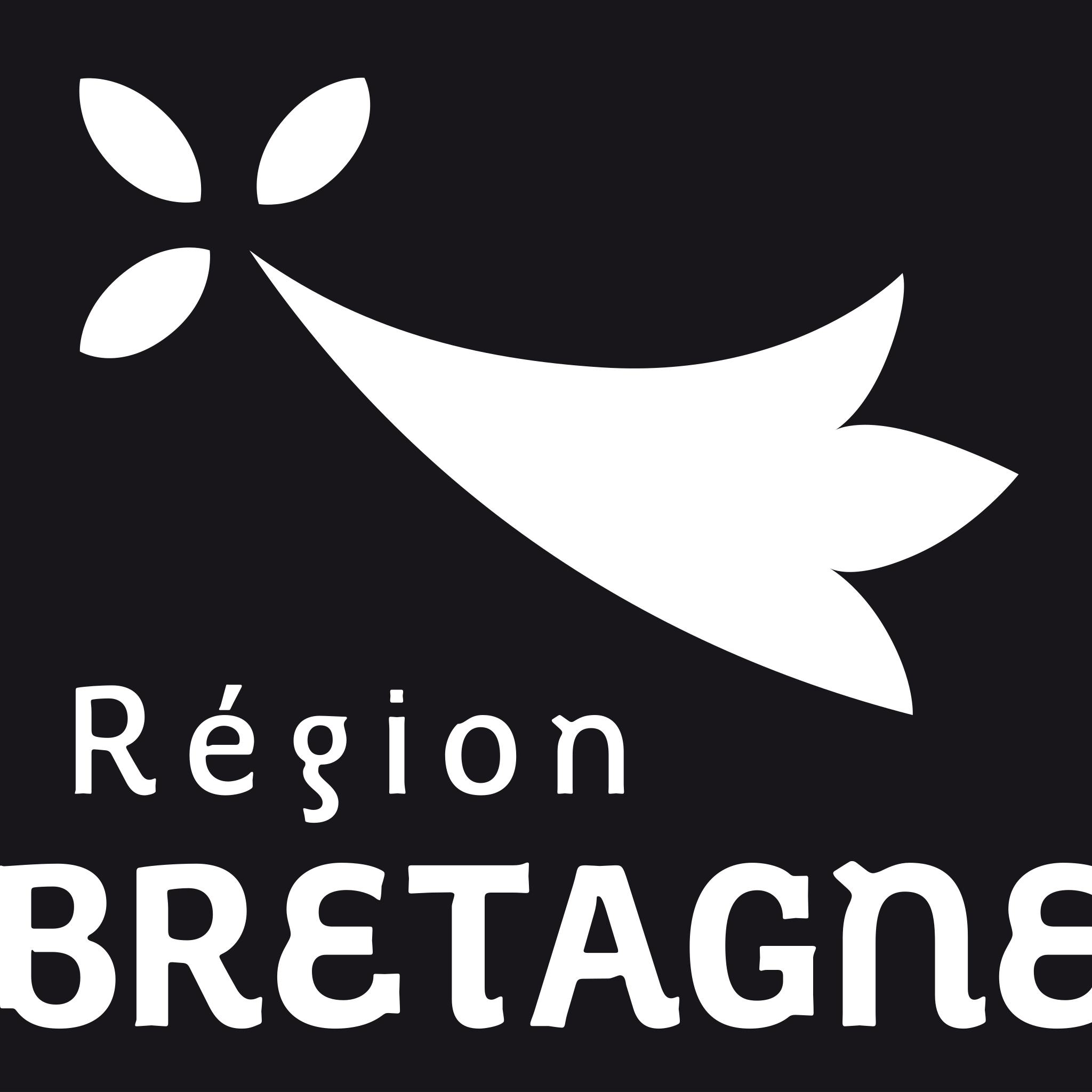Speakers, Bios & Abstracts
ECSS brings together leading voices in Informatics to share insights on emerging trends, challenges, and strategic priorities in research and education. The 2025 edition continued this tradition, showcasing thought leaders driving change across Europe.
Click a speaker’s photo to learn more. Further names and details will follow.
Keynotes Session
Manuel Wimmer
Johannes Kepler University Linz (Austria)
Leaders Workshop
Maarten Steinbuch
Eindhoven University of Technology (Netherlands)
Nicola Gatti
Politecnico di Milano (Italy)
Guillaume Gravier
IRISA (France)
Hans-Joachim Bungartz
Technical University of Munich (Germany)
Dimka Karastoyanova
University of Groningen (Netherlands)
Early Career Researchers Workshop
Andrea Cini
Università della Svizzera italiana (Switzerland)
Federica Filippini
University of Milano-Bicocca (Italy)
Erasmo Purificato
European Centre for Algorithmic Transparency (ECAT), European Commission’s Joint Research Centre (JRC)
Drishti Yadav
University of Luxembourg (Luxembourg)
Upskilling & Societal Engagement Workshop
Gregor Engels
Paderborn University (Germany)
Martin Hitz
Informatik Austria | University of Klagenfurt (Austria)
Enrico Nardelli
University of Rome "Tor Vergata" (Italy)
Constance Thierry
SIF - Societé Informatique de France | IRISA (France)
Green ICT & ICT for Green Workshop
Anne-Cecile Orgerie
CNRS, IRISA (France)
Rafael Capilla
Rey Juan Carlos University (Spain)
Gabriele Gianini
University of Milano-Bicocca (Italy)
Gilles Perrouin
Namur Digital Institute (Belgium)
Sebastian Werner
TU Berlin (Germany)
Open Science & Open Source Workshop
Boris Baldassari
Eclipse Foundation | OSPO Alliance
John Crowley
PHGD Group
Roberto Di Cosmo
Software Heritage | Inria | University Paris Cité (France)
Yannis Ioannidis
Association for Computing Machinery (ACM) / National and Kapodistrian University of Athens (Greece)
Bjorn Levin
RISE Research Institutes of Sweden (Sweden)
Violaine Louvet
Laboratoire Jean Kuntzmann, CNRS & Université Grenoble
Alpes (France)
Diversity & Inclusion Workshop
Matthew Grech-Sollars
University College London (UK)
Letizia Jaccheri
Norwegian University of Science and Technology (NTNU) (Norway)
Malvina Latifaj
Mälardalen University (Sweden)
Ethics Workshop
Petra Saskia Bayerl
CENTRIC, Sheffield Hallam University (UK)
Kristina Lapin
Vilnius University (Lithuania)
Rafael Pastor
UNED (Spain)
Mirela Riveni
University of Groningen (Netherlands)
Tatjana Welzer
University of Maribor (Slovenia)
















